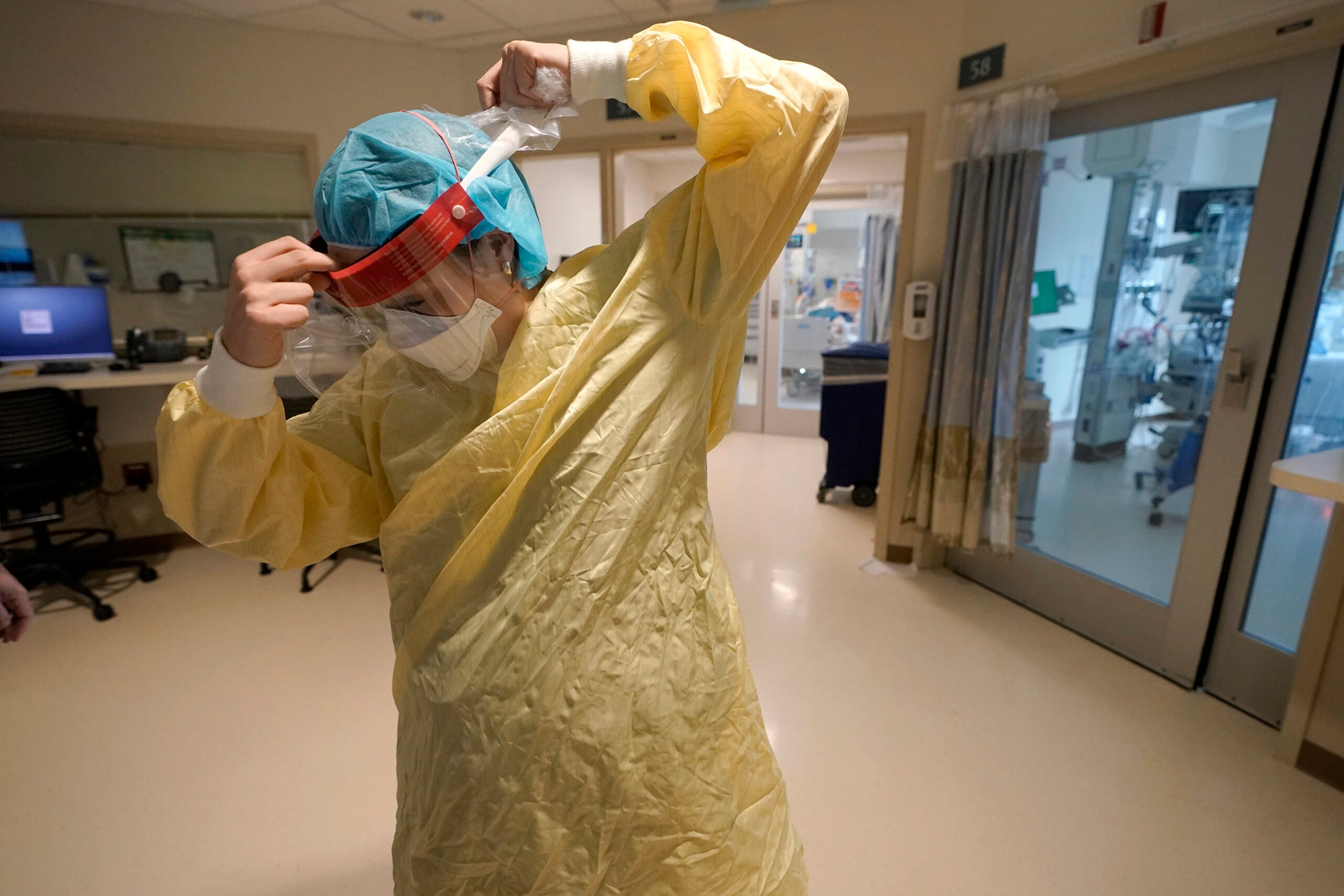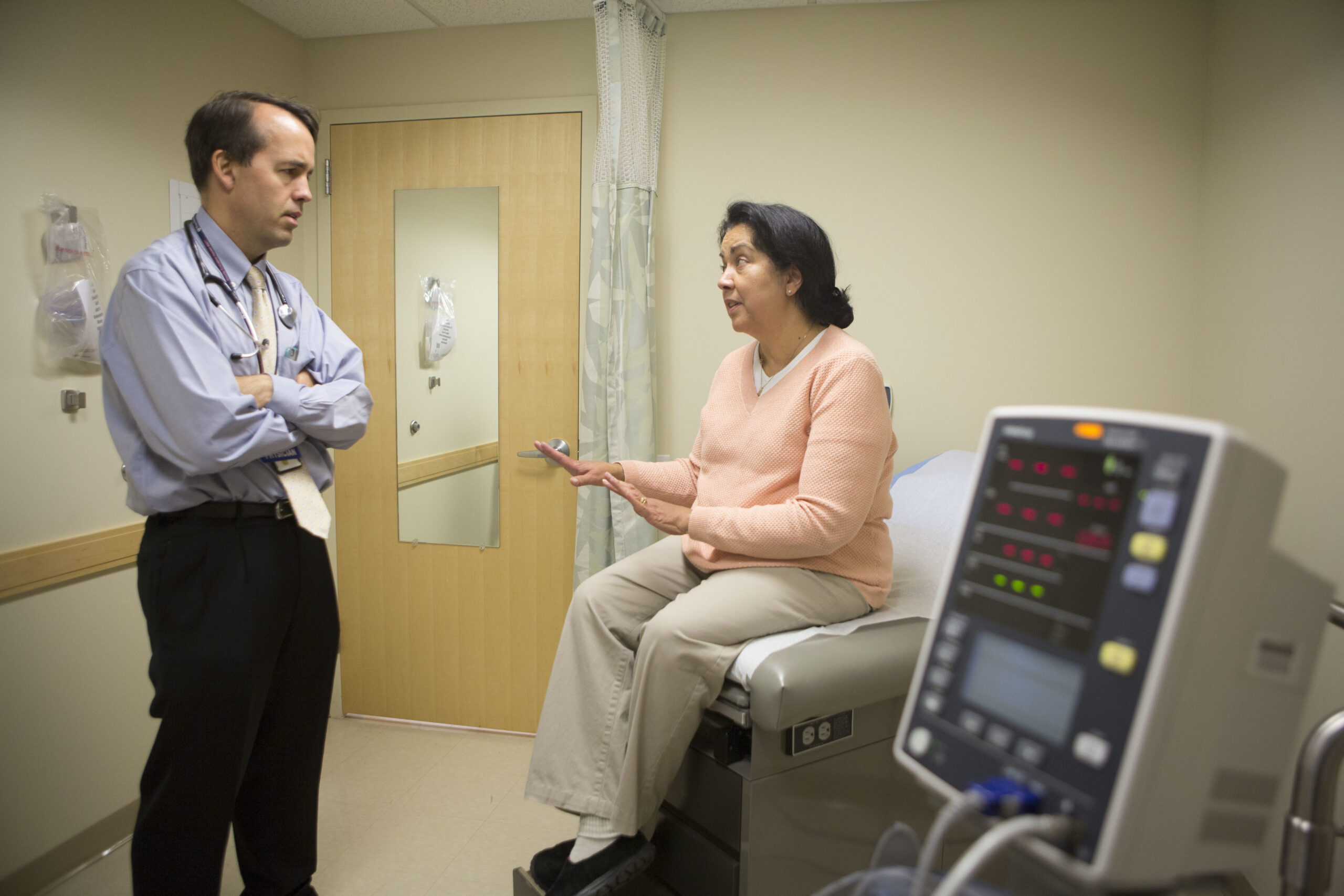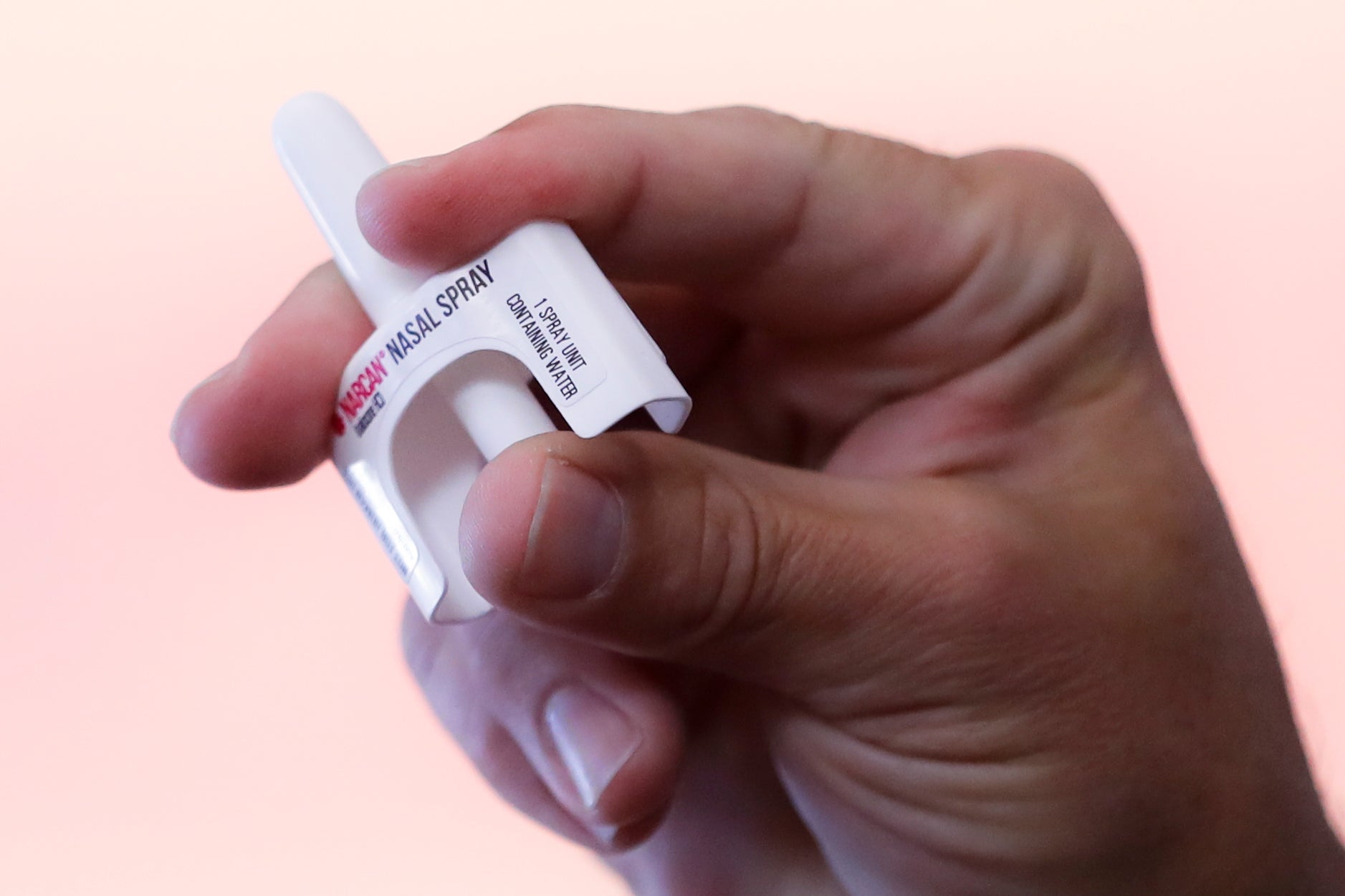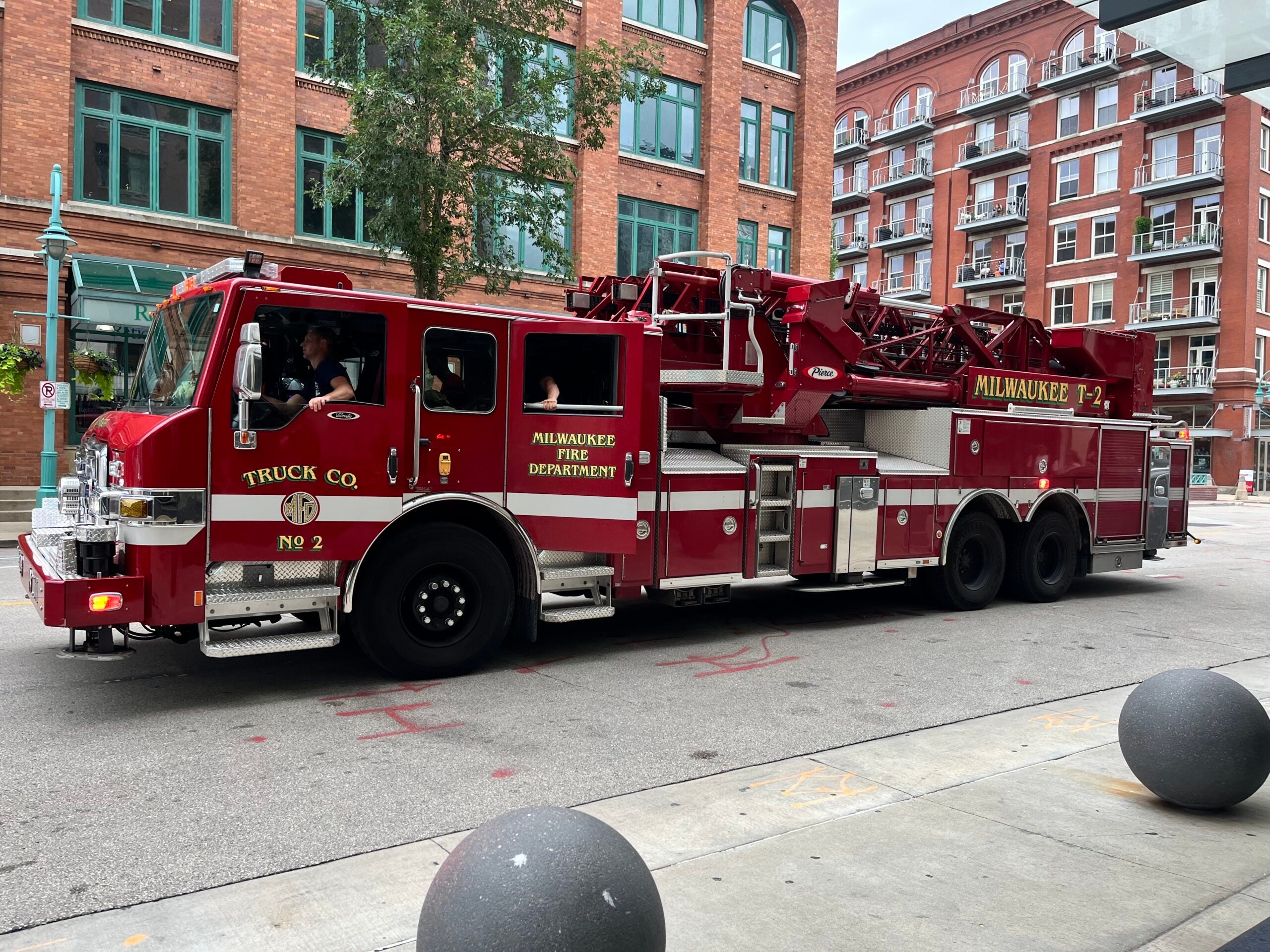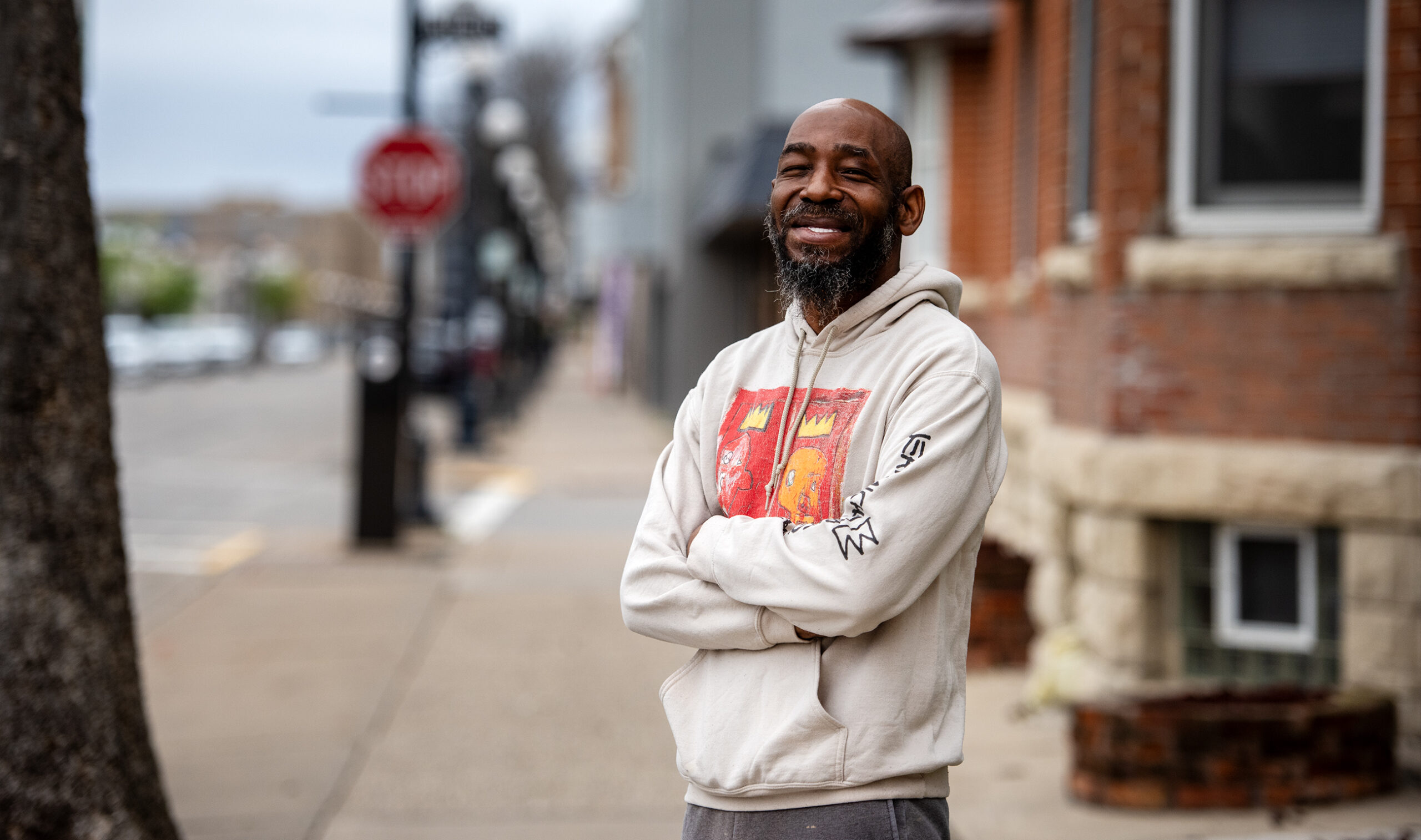With mask mandates lifting once again and some itching to return to normal, the head of UW Hospital’s Transplant Infectious Disease Program called for continued vigilance on behalf of her immunocompromised patients.
Dr. Jeannina Smith, who also teaches in the University of Wisconsin-Madison’s Department of Medicine, said her patients are “very valuable, vital (and) important members of our society.”
Nonetheless, they are particularly susceptible to COVID-19 as Wisconsin approaches the end of its second full year in the pandemic.
Stay informed on the latest news
Sign up for WPR’s email newsletter.
Dane County’s mask mandate is slated to expire Tuesday, as other municipalities and agencies across the United States are making similar decisions.
READ MORE: UW System to end mask mandate by spring break
Smith recently joined WPR’s “The Morning Show” to advocate for immunocompromised people, as well as discuss scientific advances and how she isn’t asking the community to remain this vigilant forever.
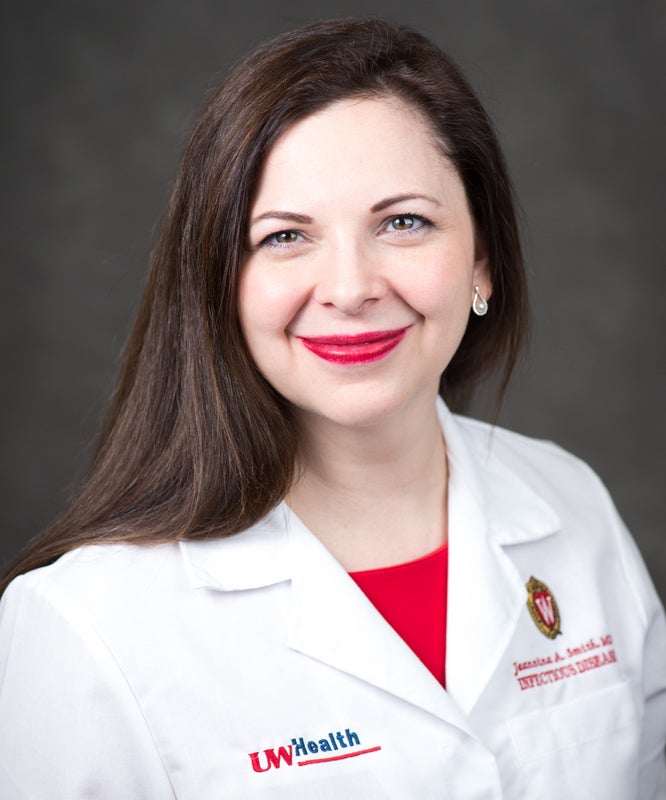
This interview was edited for brevity and clarity.
Kate Archer Kent: How concerned are you for your patients at this point in the pandemic?
Jeannina Smith: Unfortunately, I am very concerned for the risk to my patients. The omicron wave, though it may have been listed as mild for many people, was not mild for patients with compromised immune systems.
KAK: What do you tell immunocompromised patients about how to live their life going out in public?
JS: I get messages from my patients very frequently about the removal of mask mandates. It’s quite terrifying to them, and I certainly understand that. In many places, there are no mask mandates. My first recommendation or plea to the public would be to consider maintaining mask mandates in what I call “safe spaces.” So, that’s the grocery store, the pharmacy, the health care clinic, and places of worship — just places that people really can’t avoid attending.
If that doesn’t happen, for patients individually I definitely recommend they get all of their vaccine doses. … (and) I recommend that they place themselves as candidates for antibody infusions.
KAK: The head of the Centers for Disease Control and Prevention suffered backlash last month, seeming to imply the only people dying of COVID were people with pre-existing medical issues. What were your thoughts when hearing those comments?
JS: I’m not going to lie, I found it devastating. The quote further goes on for her to say that she thought that was good news. These are my patients, and they’re very valuable, vital and important members of our society. So, I certainly didn’t find their risk, their illness and their deaths to be good news.
Perhaps, her perspective (is) looking at all of society and seeing that there was still good vaccine efficacy, of course, is encouraging. But I remain steadfast in my advocacy for patients who are immunocompromised.
I would also say that as a practicing physician, people with four comorbidities doesn’t necessarily mean that they’re very sick. They may be your coworker, your child’s friend, parents, or your neighbor. Regardless, every life matters.
KAK: What do you think about compassion fatigue?
JS: I think that’s a big part of the problem. But ultimately, for example, we talk about burnout as a similar condition of compassion fatigue. Really allowing yourself to know your patients and feel for their circumstances, their fears and their suffering really can restore compassion. But I do think that that’s the problem overall in terms of leaving behind all of the patients that are immunocompromised and remain at-risk or women who are pregnant and therefore at a much-enhanced risk of sickness and mortality from COVID.
Caller: I think we’re lifting these mask mandates far too early. How would we feel if medical treatments stopped short?
JS: I agree with you, particularly regarding safe spaces. I do understand that there are some people who feel that they are themselves at lower risk and want to do something more — what I would view as more likely to lead to exposure, such as eating out in restaurants or going to bars.
I think people have the attitude now, “Well, we can’t keep doing this forever.” But the reality is there have been amazing scientific advances during the pandemic, including the development of the monoclonal antibodies that are long acting and protective. But also, therapeutics that have been developed are really quite effective but not available. There’s just not enough of them. And so, I don’t think it’s a matter of holding out forever. I think it’s a matter of holding out until some of these other agents — that we know work — are accessible to everyone.
Wisconsin Public Radio, © Copyright 2024, Board of Regents of the University of Wisconsin System and Wisconsin Educational Communications Board.

